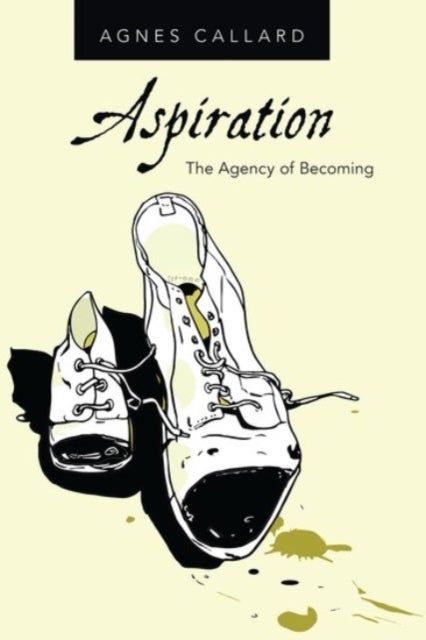
Aspiration av Agnes (Associate Professor of Philosophy Associate Professor of Philosophy University of Chicago) Callard
399,-
Becoming someone is a learning process; and what we learn is the new values around which, if we succeed, our lives will come to turn. Agents transform themselves in the process of, for example, becoming parents, embarking on careers, or acquiring a passion for music or politics. How can such activity be rational, if the reason for engaging in the relevant pursuit is only available to the person one will become? How is it psychologically possible to feel theattraction of a form of concern that is not yet one''s own? How can the work done to arrive at the finish line be ascribed to one who doesn''t (really) know what one is doing, or why one is doing it? In Aspiration, Agnes Callard asserts that these questions belong to the theory of aspiration. Aspirants aremotivated by proleptic reasons, acknowledged defective versions of the reasons they expect to eventually grasp. The psychology of such a transformation is marked by intrinsic conflict between their old point of view on value and the








